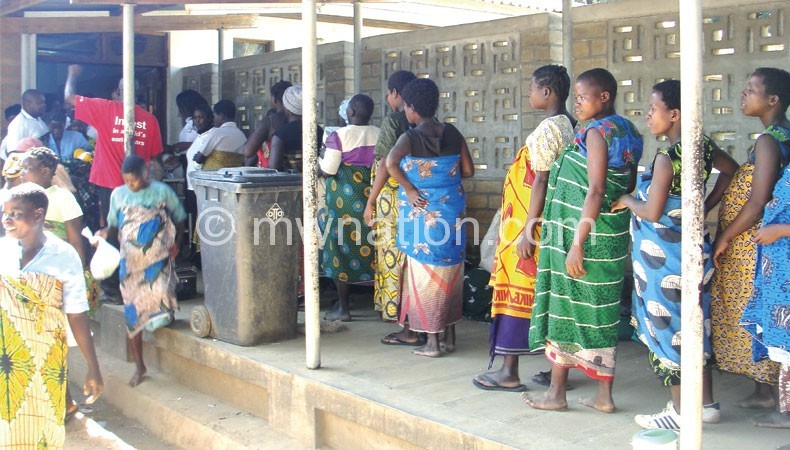‘Restrictive abortion laws fuel unsafe abortion in Africa’

Restrictive abortion laws in Sub-Saharan African countries have been singled as a key factor fuelling 3 million cases of unsafe abortion being recorded every year leading to the death of about29 000 women.
This was revealed last week in Nairobi, Kenya, during a two-day regional workshop for journalist onadvancing African Women’s Reproductive Health and Rights organised by Ipas Africa Alliance.
Ipas is a global nongovernmental organisation founded in 1973 to promote women’s reproductive health and rights and reduce maternal deaths and disabilities from unsafe abortion.
While Ipas Africa Alliance for Women’s Reproductive Health and Rights, established by Ipas in 2000, is the biggest Ipas program with a multi-country office based in Nairobi, and currently serves 14 countries in the region including Malawi.
Ipas Africa Alliance communications and advocacy advisor, Sylvia Wamugi said All African countries allow abortion to at least to save a woman’s life and many more permit it on broader grounds.
“Women’s health deteriorates when access to safe abortion is denied. Criminalising abortion, threatens the life, health and rights of women. It forces women to procure abortion through unsafe and dangerous means. Removing barriers that limit legal access to quality reproductive health services reduces maternal deaths and injuries,” she said.
She added that preventing unsafe abortion, through enacting friendly laws, is one of the fastest, technically easiest and most effective ways to enormously reduce maternal mortality and morbidity.
Key facilitator of the workshop, media trainer Dr. Eduardo Namburete, challenged journalists thatsexual reproductive health and rights, which involves issues of abortion, is the least covered topic by the media and therefore misunderstood and misinterpreted by the society.
He underlined that lack of coverage and debate on this subject has made the understanding of sexual and reproductive health and particularly abortion difficult.
Namburete warned that reporting on a sensitive topic like abortion need not improvisation but requires professionalism, humanity and respect.
“A failure to apply the highest standards in dealing with those affected, such as poor conduct of interviews can compound the trauma and may even add to the suffering and worsen the long-term impact of those affected,” he said.
In Malawi, 70 000 women procure abortion through unsafe means. Cases of unsafe abortion contributes 17 percent to maternal mortality in the country which stands at 675 deaths per 100 000 live births. Government spends between $300 000 and $500 000 each year in treating post-abortion complications which include incomplete abortions, post abortion sepsis, haemorrhage, genital trauma and infertility.
Currently, the Law Commission is developing the Pregnancy Termination Bill.





